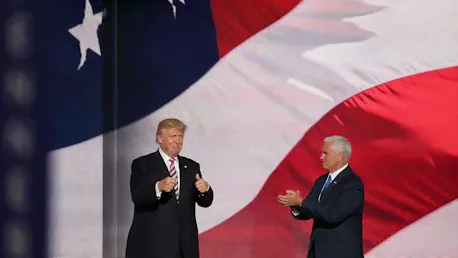
The newly imposed tariffs by President Trump's administration aim to rejuvenate domestic manufacturing jobs, offering hope of a resurgent American industrial landscape. These tariffs are intended to encourage companies to move their operations back to the United States, attracting

The emergence of ChatGPT's enhanced capabilities for generating Studio Ghibli-style images has sparked significant interest and usage, leading even to system crashes due to exceptionally high demand. With the latest update, OpenAI has enabled ChatGPT to create images that strongly resemble

Laurent Giraid, a technologist specializing in Artificial Intelligence with a focus on machine learning, natural language processing, and the ethics surrounding AI, joins us today. This discussion will explore the Tony Blair Institute's (TBI) recent report that discusses the intersection of

The burgeoning advancement of generative artificial intelligence (GenAI) poses significant challenges to the reliability of visual evidence. As AI technology becomes more adept at creating convincing deepfakes, the once-unquestioned notion of "seeing is believing" is rapidly becoming

In recent submissions to the US government, major US artificial intelligence (AI) companies have voiced concerns about the rising competition from Chinese AI models, stressing the need for strategic actions to maintain US technological leadership. Companies like OpenAI, Anthropic, and Google have

The Trump administration is advocating for significant deregulation in the field of artificial intelligence (AI), a move that has garnered extensive approval from major technology firms. By scaling back previous policies meant to regulate AI development, the administration aims to position the